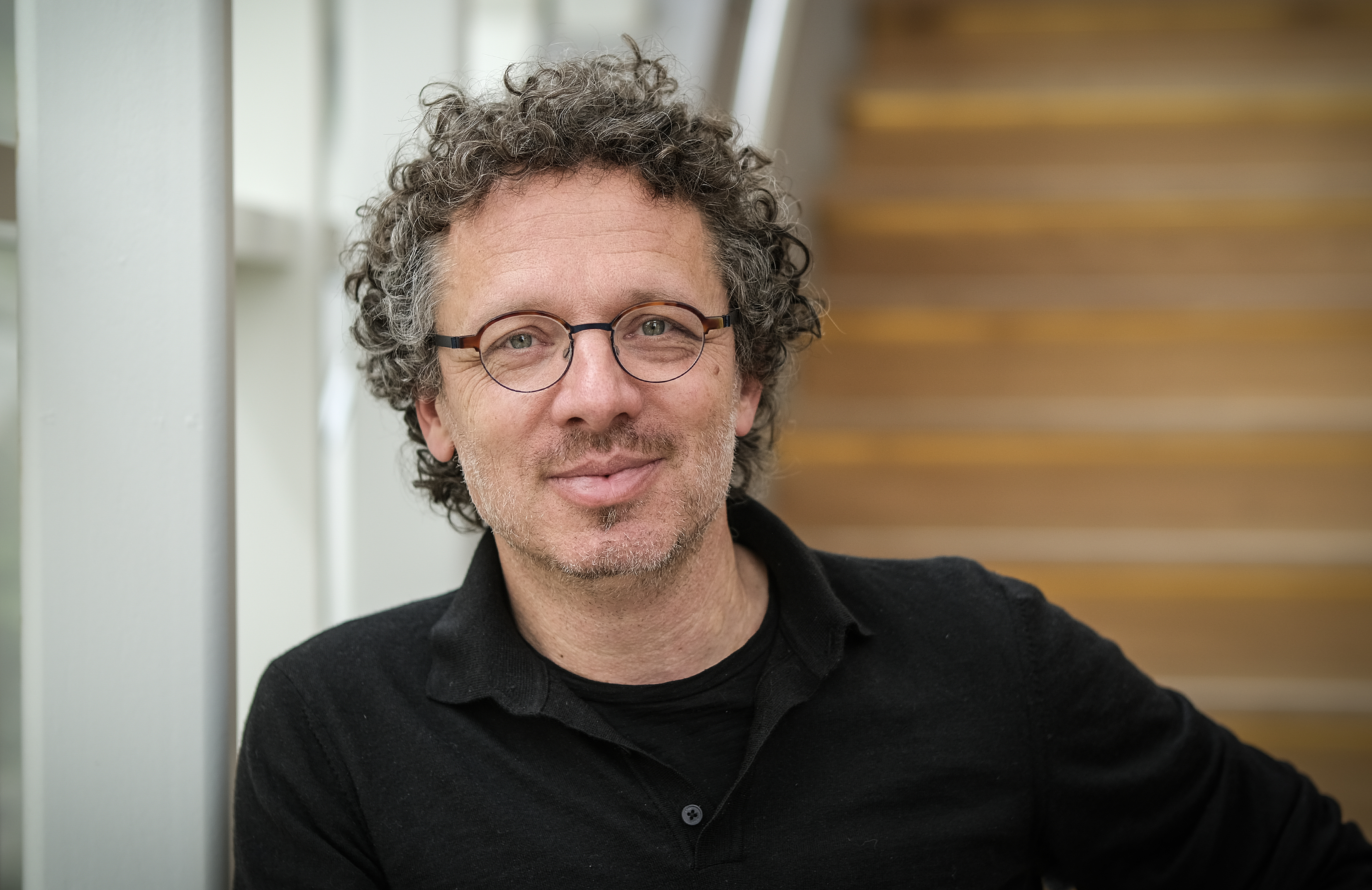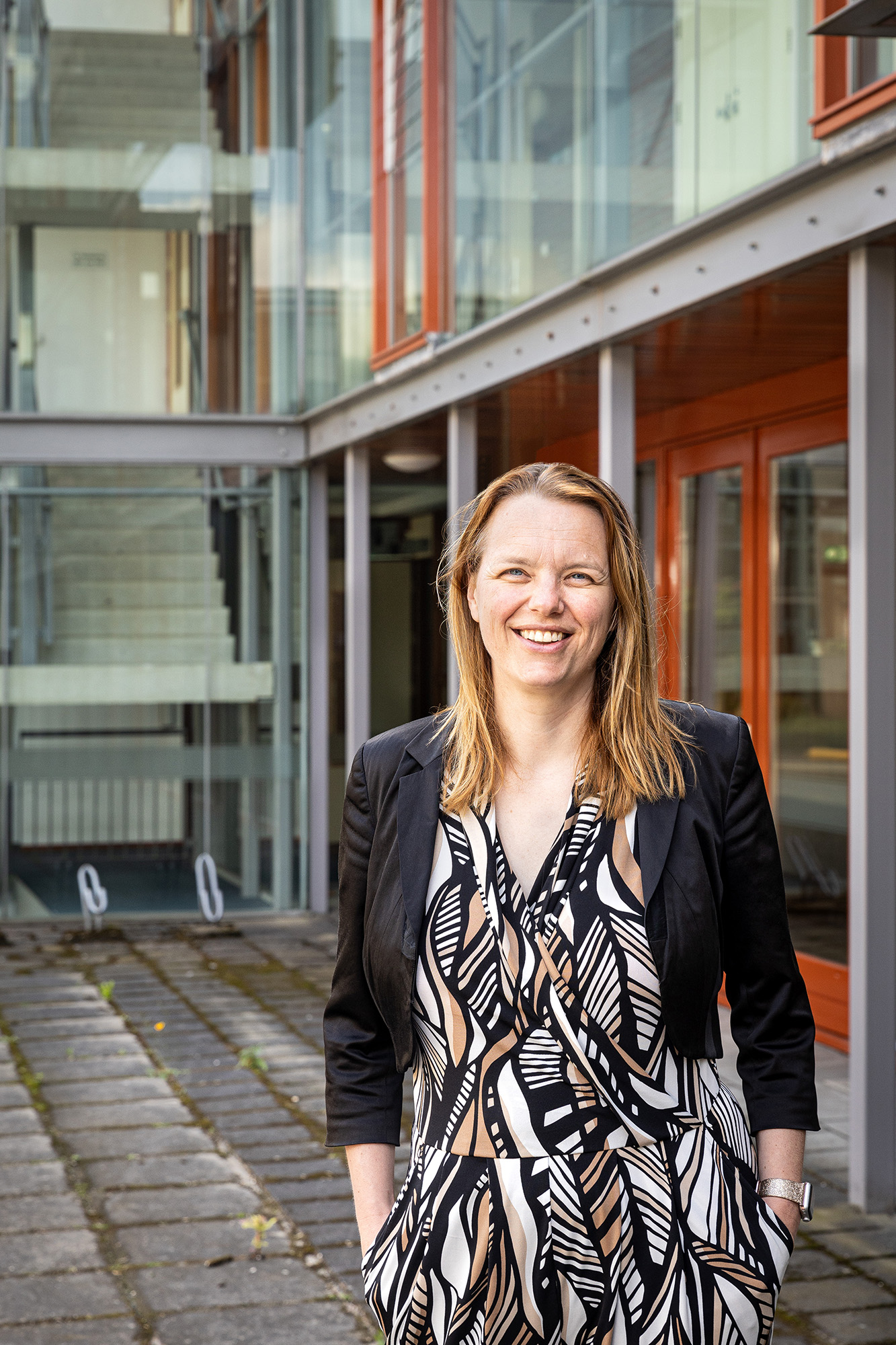How do discussions on social media arise?
How do people interact with each other on social media and other online platforms? How do they end up in conflict? And most importantly: how can we prevent these discussions from escalating? PhD candidate Maud Oostindie is researching these questions. On top of that, she is the new ‘Face of Science’ of Maastricht University. A conversation about buzz kills, anonymity and moderation.
No, Oostindie herself is not very active on social media and other online platforms in her free time, she laughs. After all, she spends enough time there for her PhD research. The main topic for her research is the way people deal with conflicts and disagreements online. Consequently, she spends many hours behind her laptop, analysing, and wondering about all the negativity. The insults just keep on coming – and words like ‘buzz kill’ and ‘ghoul’ are relatively friendly.
A bot for better discussions
Oostindie: “Social media and other online platforms are often full of conflict. Online discussions are becoming more and more heated, especially when they are about polarising topics, such as climate change and migration.” To maintain some order, moderators play an important role. Moderators are people who detect offensive messages and unacceptable comments. Now, most of those messages are removed and the associated account is deleted. However, in practice, this often solves nothing., Oostindie says. “A new account is easily created, and then the process starts all over again.”
With her research, Oostindie is working on a different approach to moderation, in which comments are not immediately deleted, but users are stimulated to have a conversation. She explains: “Based on insights into how online discussions arise, obtained through an ethnographic study, my colleagues and I want to develop a bot using artificial intelligence. This bot is supposed to detect conflicts more effectively and more timely, in order to help take the discussion to a higher level. This way, we hope to prevent the conflict from getting completely out of hand.”
Text continues below photo.
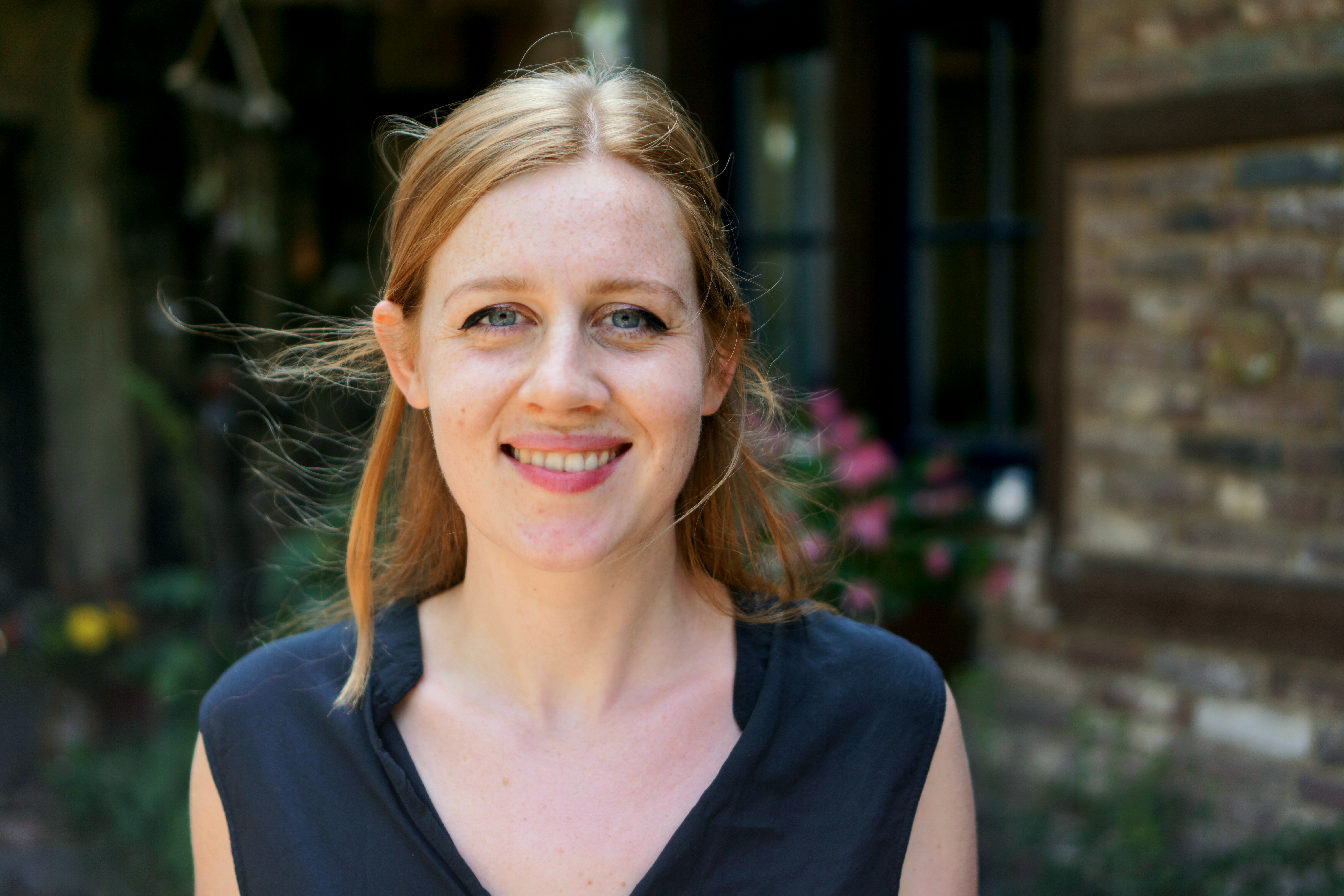
Maud Oostindie is a PhD candidate at the Faculty of Arts and Social Sciences at Maastricht University. She studied cultural anthropology at Utrecht University, followed by a master’s in Globalisation and Development Studies at Maastricht University. For her dissertation (supervisors: Prof. Dr. John Parkinson and Dr. Anna Harris), she looks “at science and technology through a social science lense”. Her research is part of the interdisciplinary research project Deliberation Laboratory (DeLab), funded by the Volkswagen Stiftung.
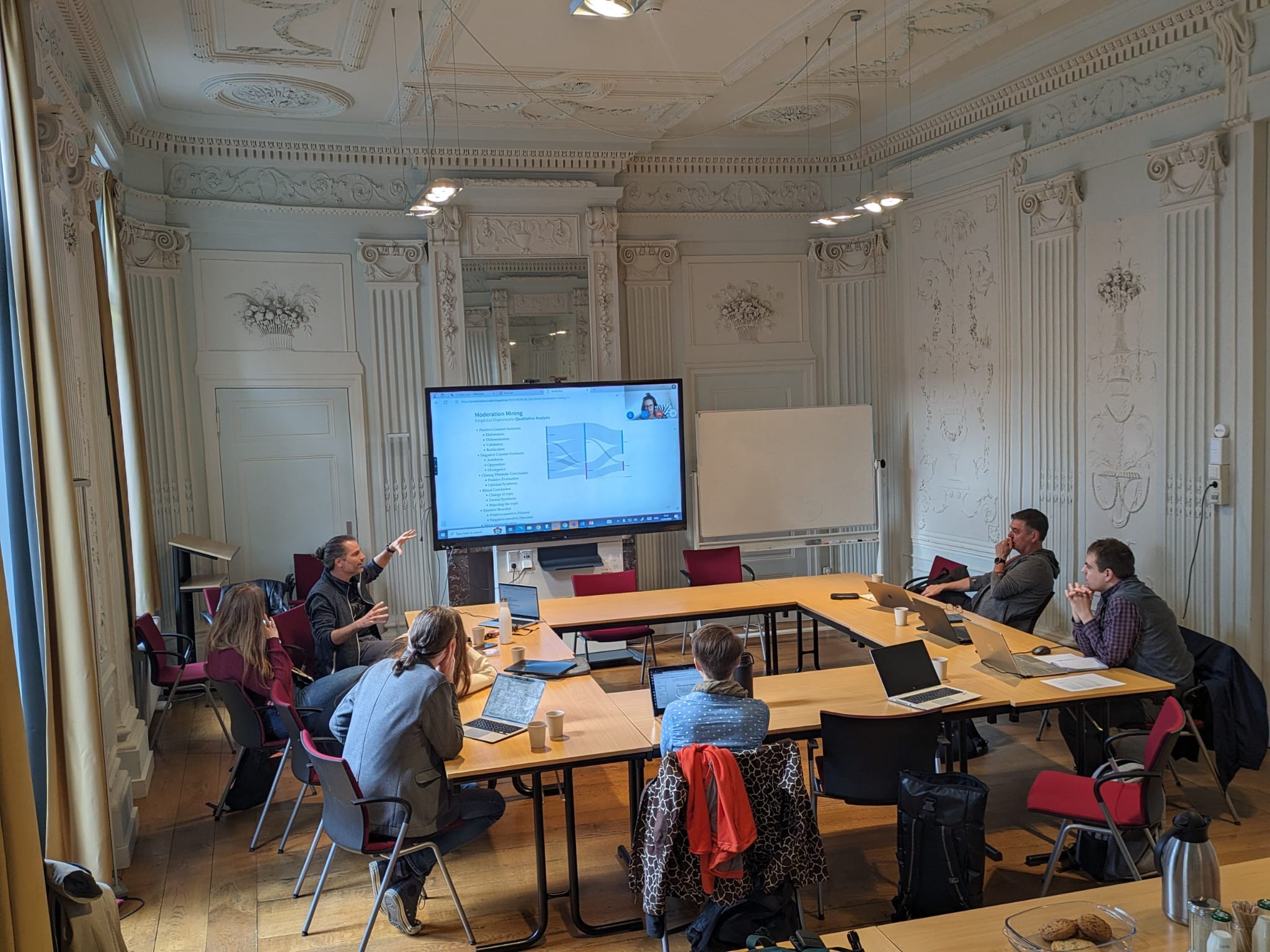
Abrasive topics
For the time being, that bot is still a hope for the future. Oostindie is currently busy writing and analysing. She is mainly active on Foodlog, a platform for news and opinions about food and sustainability. She also analyses Extinction Rebellion’s Facebook and Instagram messages. “I got to choose the platforms myself; as long as the discussed topics were abrasive, but not too extreme.”
Nutrition, sustainability and climate are topics that Oostindie feels strongly about. However, she is most interested in sociology, the way people shape the world. She studied cultural anthropology in Utrecht. She moved there from Walem, a village near Valkenburg, where she grew up. To complete her master’s programme, Globalisation and Development Studies, she moved back south, to Maastricht. “UM’s small-scale Problem-Based Learning method attracted me, and also the fact that, in Maastricht, you learn to look at development cooperation from a broad, critical and respectful perspective. And in the end, I feel most at home in Limburg.”
A bot is supposed to detect conflicts more effectively and more timely, in order to help take the discussion to a higher level. This way, we hope to prevent the conflict from getting completely out of hand.
Mentioning your name and expertise, yes please
Oostindie has been working on her research for some time now. What has she discovered so far about how people interact online and how they end up in discussions? “Online conflicts often do not arise based on content, but due to miscommunication, misinterpretations and moral differences. Digital technology itself is also a factor. Just think about it: on a smartphone you probably send messages faster and more thoughtlessly than on your laptop. With all its consequences.” The platform on which the comment is posted, can also be of influence. “Do you post on the more business-like LinkedIn or on the more casual Instagram? Can you post the comment anonymously, or do you have to add your name, photo or expertise? And can you respond to messages separately, or does each message end up in one big pool of responses?”
What is seen as 'good' communication on the medium or platform also plays a role. “Does it prefer rational or emotional arguments? That's different on each platform,” Oostindie elaborates. “For example, on Foodlog, I see many positive, well-founded discussions, often based on science. This is probably because people respond on a content-related platform, where it is mandatory to mention your name and expertise.”
Face of Science
Every year, members of the Royal Netherlands Academy of Arts and Sciences (KNAW) select a number of PhD candidates to be ambassadors for science. These ‘Faces of Science’ give high school students a glimpse into the life of a young academic. They blog and vlog about their research, science in general and their life as a scientist. They also give lectures at high schools and participate in Instagram takeovers. www.nemokennislink.nl/facesofscience (Information in Dutch)
Oostindie: “We often act as if online and offline are separate things. In reality, however, we see that offline discussions continue online.” In that case, is the bot to be developed – logically intended exclusively for the online world – able to bring about more constructive discussions in general? “We realise very well that the bot will have its restrictions. Especially since it cannot filter everything. For example, it can do little with hate speech. The bot is mainly intended to deal with discussions that are starting to polarise. But we see it as a good starting point for more research and innovation.”
Contributing
Besides her PhD research, Oostindie is also busy with her new role as a ‘Face of Science’ (read the text box for more information). She feels honoured to have been asked for this role. “I am a first-generation student (when you are the first in your family to go to university, ed.), which is why in the beginning I sometimes felt quite lost in the academic world. I think it’s great I can now pass on my experiences to a new generation of students.”
Text continues below the photo.
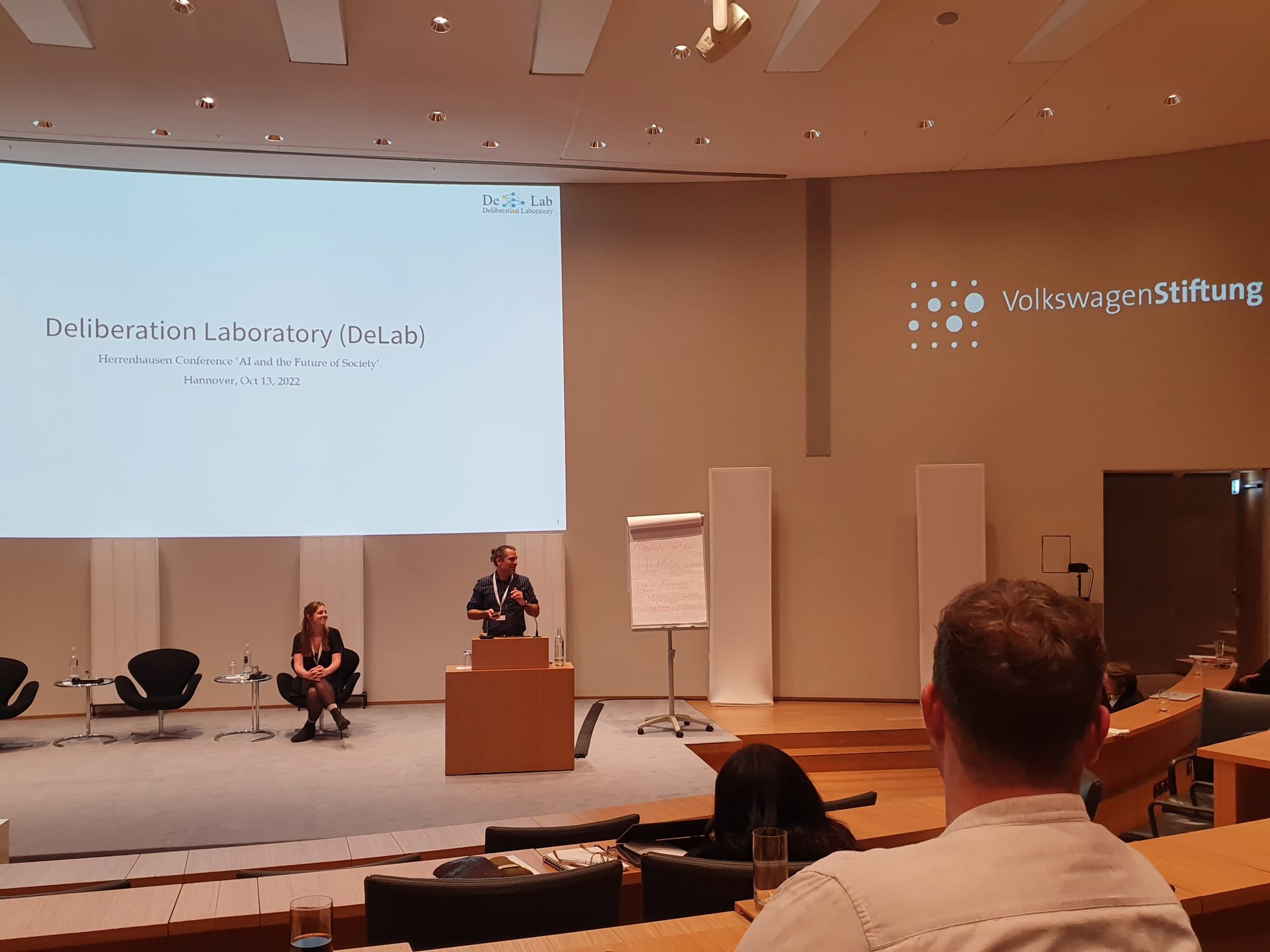
As a ‘Face of Science’, she also wants to be open about her PhD trajectory, which is very educational, but certainly not always easy. “You are essentially managing a large project that basically never ends – and that for four years. What helps me is to maintain a workweek routine as much as possible. I also try to consciously make enough time for reading, being with friends, and drawing. And going on walks helps me to process and put things into perspective.”
What does she want to do after her PhD promotion? Oostindie expects that she will stay in Limburg. “I’m attracted to the world of research, but I do not rule out that I will work outside the academic field one day. Actually, I’m okay with anything as long as my work has a sociological component. I believe that if we have a better understanding of people, we can make our society nicer, more democratic and more inclusive. Of course, I can never achieve that on my own. But I hope to contribute.”
Text: Milou Schreuders
I believe that if we have a better understanding of people, we can make our society nicer, more democratic and more inclusive.
Also read
-
Drawing blood, inserting an IV, or looking into the ear; even seemingly simple medical procedures can cause anxiety, pain, and stress in children. According to pediatric intensivist Piet Leroy, comfort and trust are just as important as the medical treatment itself. Therefore, he is researching how...
-
Bas van Hooren conducted NUTRIM research on preventing injuries and on the future of personalized sports. He defended his PhD, June 17th.
-
South Limburg with its ageing population faces considerable challenges when it comes to health and wellbeing. UM research and innovation is already making a real difference. Hilde Verbeek, chair of the Limburg Living Lab in Aging and Long-Term Care, on how to empower older persons and battle the...
